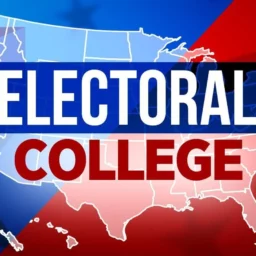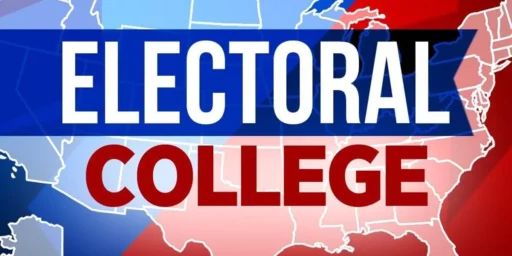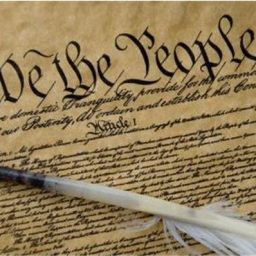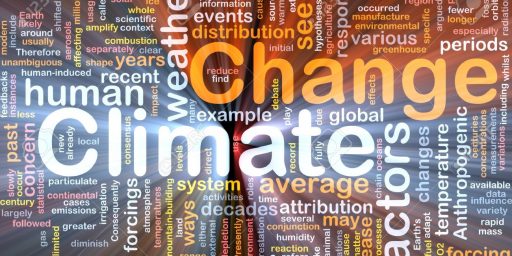Could Kentucky And Georgia Spoil GOP Hopes Of Taking Control Of The Senate?
Mitch McConnell’s hopes to become Senate Majority Leader could hinge on what happens in his own state and in Georgia.
Mitch McConnell’s hopes to become Senate Majority Leader could hinge on what happens in his own state and in Georgia.


Most peer-reviewed research is crap.


In case you needed a further reason to dismiss Jerome Corsi (and some general thoughts on what Corsi represents).


Same-sex marriage remains the law of the land in one of the most conservative states in the nation, at least unless the Supreme Court says otherwise.


There is far less overlap between the two parties in the House–and the shift has been empirically rightward.


If the Syrian civil war is like other civil wars, it’s not ending any time soon.
The argument that the Roberts Court has been overly “activist” does not hold up to examination.
To borrow a phrase from Stephen Colbert, if you want to understand how Congress works, you better know a District.
The American taxpayer spent a lot of money today paying their employees not to work.
One inmate’s view of the asylum.
The award-winning political science group blog The Monkey Cage is moving under the masthead of the Washington Post:
The GOP seems to be making the same mistakes that led to defeat in 2012.
Dr. Keith Ablow lays out the case that President Obama is conducting psychological warfare on us.


My latest for The National Interest, “Kenneth Waltz’s Crucial Logic,” has posted.
Are civil liberties once again at risk in the wake of the bombing attack in Boston?


2012’s election represented a significant change in voting patterns in the United States. What’s unclear is if the change is a permanent one.


It would be nice if columnists for major newspapers would consult political science, rather than Hollywood, for their understanding of our system.
The American people no longer seem to care if their political leaders are divorced.
Robert Farley takes a shot across the bow at the academy from the pages of one of his field’s most prestigious journals.


President Obama’s job approval numbers have fallen off from their post-election highs. But, does it matter?
The American tax code contains perverse incentives and barriers to getting out of poverty.
Applications to America’s Law Schools are down, because the nature of the legal profession is changing.


Want to teach political science for a living? Go to one of a handful of top schools or don’t bother.


Harvard’s pet conservative offers a critique of the Democratic Party that reads like something from the OTB comments section.
The analyst actually wants to understand and be correct far more than he or she wants their preferences to prevail in the analysis
Younger voters are starting to become as cynical as the rest of us.